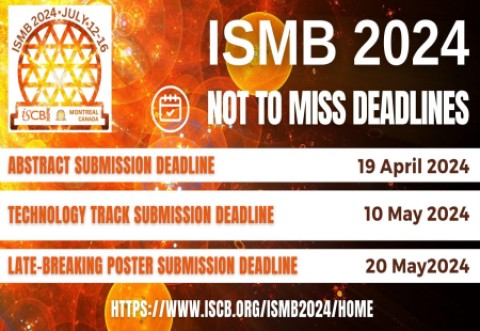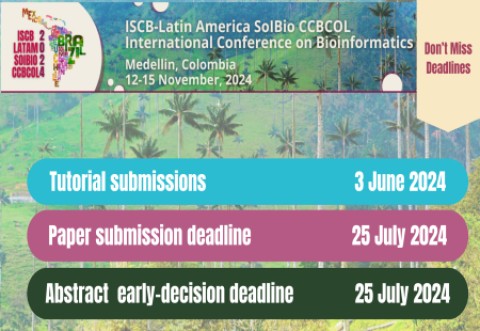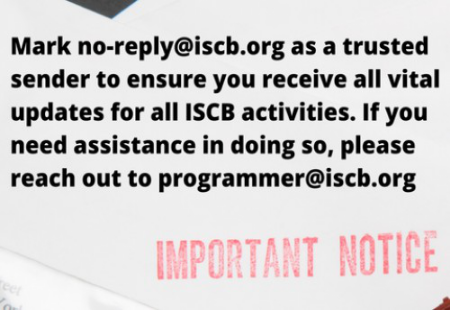
FASEB News - June 30, 2010
Virgin olive oil and a Mediterranean diet fight heart disease by changing how our genes function
New research in the FASEB Journal suggests that the polyphenols in virgin olive oil modify the expression of atherosclerosis-related genes, leading to health benefits
Everyone knows olive oil and a Mediterranean diet are associated with a lower risk for cardiovascular disease, but a new research report published in the July 2010 print issue of the FASEB Journal (http://www.fasebj.org) offers a surprising reason why: These foods change how genes associated with atherosclerosis function.
"Knowing which genes can be modulated by diet in a healthy way can help people select healthy diets," said Maria Isabel Covas, D.Pharm., Ph.D., a researcher involved in the work from the Cardiovascular Risk and Nutrition Research Group at the Institut Municipal d'Investigacio Medica in Barcelona, Spain. "It is also a first step for future nutritional therapies with selected foods."
Scientists worked with three groups of healthy volunteers. The first group consumed a traditional Mediterranean diet with virgin olive oil rich in polyphenols. The second group consumed a traditional Mediterranean diet with an olive oil low in polyphenols. The third group followed their habitual diet. After three months, the first group had a down-regulation in the expression of atherosclerosis-related genes in their peripheral blood mononuclear cells. Additionally, the olive oil polyphenols made a significant impact on the expression of genetic changes influencing coronary heart disease. Results also showed that the consumption of virgin olive oil in conjunction with a Mediterranean diet can positively impact lipid and DNA oxidation, insulin resistance, inflammation, carcinogenesis, and tumor suppression.
"This study is ground breaking because it shows that olive oil and a Mediterranean diet affect our bodies in a far more significant way than previously believed," said Gerald Weissmann, M.D., Editor-in-Chief of the FASEB Journal. "Not only does this research offer more support for encouraging people to change their eating habits, it is an important first step toward identifying drug targets that affect how our genes express themselves."
###
Receive monthly highlights from the FASEB Journal by e-mail. Sign up at http://www.faseb.org/fjupdate.aspx. The FASEB Journal (http://www.fasebj.org) is published by the Federation of the American Societies for Experimental Biology (FASEB). The journal has been recognized by the Special Libraries Association as one of the top 100 most influential biomedical journals of the past century and is the most cited biology journal worldwide according to the Institute for Scientific Information.
FASEB comprises 23 societies with more than 100,000 members, making it the largest coalition of biomedical research associations in the United States. FASEB enhances the ability of scientists and engineers to improve—through their research—the health, well-being and productivity of all people. FASEB's mission is to advance health and welfare by promoting progress and education in biological and biomedical sciences through service to our member societies and collaborative advocacy.
Details: Valentini Konstantinidou, Maria-Isabel Covas, Daniel Muñoz-Aguayo, Olha Khymenets, Rafael de la Torre, Guillermo Saez, Maria del Carmen Tormos, Estefania Toledo, Amelia Marti, Valentina Ruiz-Gutiérrez, Maria Victoria Ruiz Mendez, and Montserrat Fito. In vivo nutrigenomic effects of virgin olive oil polyphenols within the frame of the Mediterranean diet: a randomized controlled trial. FASEB J. 2010 24: 2546-2557; doi: 10.1096/fj.09-148452 ; http://www.fasebj.org/cgi/content/abstract/24/7/2546






























